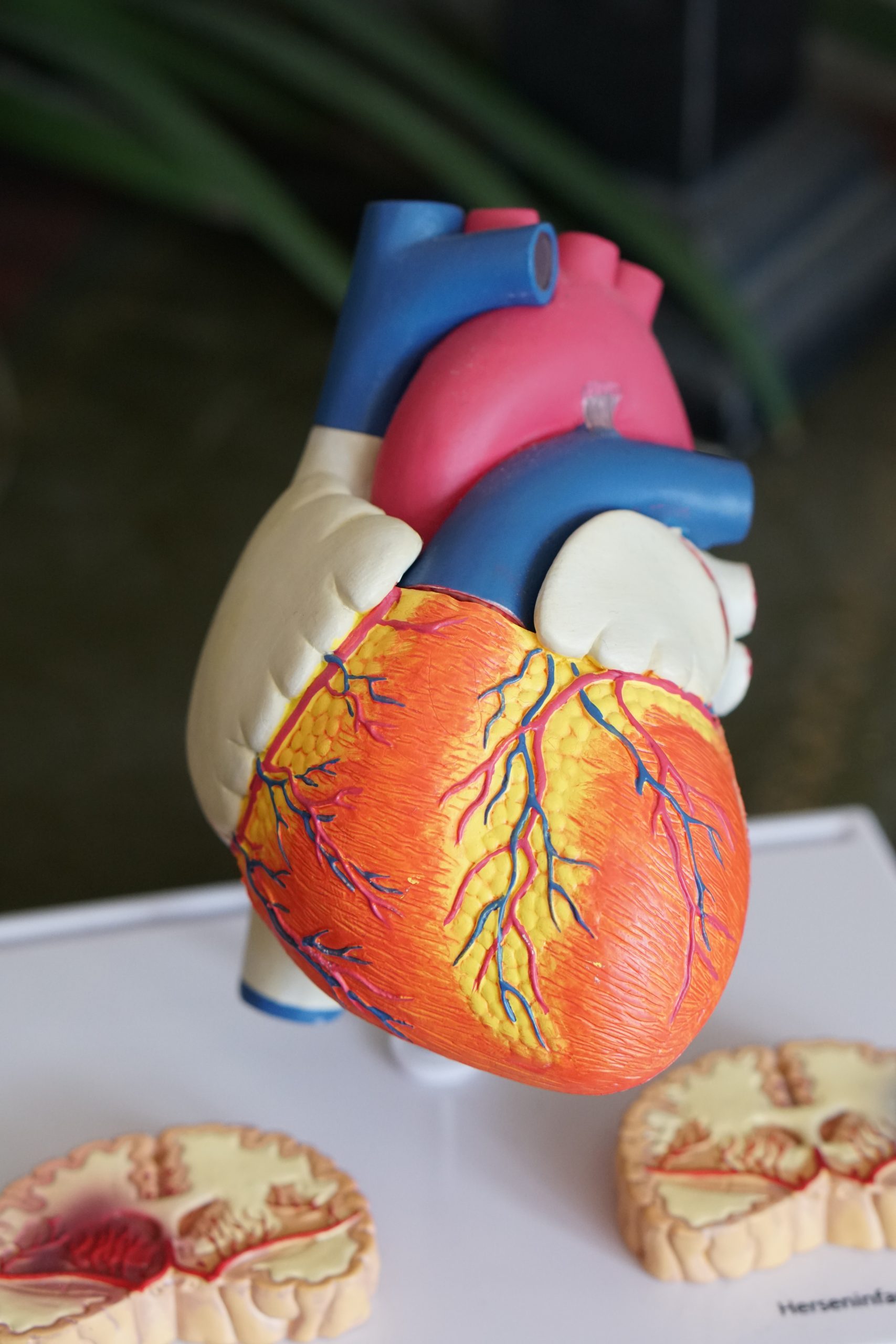I am happy to help you write an article about “The Silent Killer: Recognizing and Preventing Heart Disease.” This topic is of utmost importance as heart disease is the leading cause of death worldwide, accounting for 31% of global deaths each year.
Heart disease is often called the “silent killer” because it can go undetected for years before manifesting in a heart attack or stroke. The good news is that heart disease is largely preventable, and recognizing the risk factors and taking appropriate steps can help to reduce the risk of developing this deadly condition.
The first step in recognizing and preventing heart disease is understanding the risk factors. Some of the most common risk factors include high blood pressure, high cholesterol, smoking, obesity, diabetes, and a sedentary lifestyle. Age, family history, and gender also play a role in the development of heart disease, with men being at a higher risk than women.
If you are concerned about your risk of developing heart disease, the first step is to schedule an appointment with your doctor. They will likely perform a physical exam, take a medical history, and perform diagnostic tests such as blood pressure readings and cholesterol tests. Based on these results, your doctor may recommend lifestyle changes, medications, or other treatments to help reduce your risk.
The most effective way to prevent heart disease is through lifestyle changes. Eating a healthy diet that is low in saturated fat, trans fat, and cholesterol can help to reduce your risk. This means eating plenty of fruits and vegetables, whole grains, lean proteins, and healthy fats such as those found in nuts and seeds.
Exercise is also an important component of heart disease prevention. Aim for at least 30 minutes of moderate exercise most days of the week, such as brisk walking, jogging, cycling, or swimming. Regular exercise can help to lower blood pressure, reduce cholesterol levels, and maintain a healthy weight.
Other lifestyle changes that can help to prevent heart disease include quitting smoking, managing stress, and getting enough sleep. Smoking is a major risk factor for heart disease, and quitting smoking can help to reduce the risk of developing this deadly condition. Managing stress through techniques such as yoga, meditation, or deep breathing exercises can also help to reduce the risk of heart disease, as can getting enough sleep each night.
In conclusion, heart disease is a silent killer that affects millions of people worldwide. However, by understanding the risk factors, recognizing the symptoms, and taking appropriate steps to prevent this deadly condition, you can reduce your risk of developing heart disease and live a longer, healthier life. Remember to schedule regular check-ups with your doctor, eat a healthy diet, exercise regularly, quit smoking, manage stress, and get enough sleep to help protect your heart and prevent heart disease.










